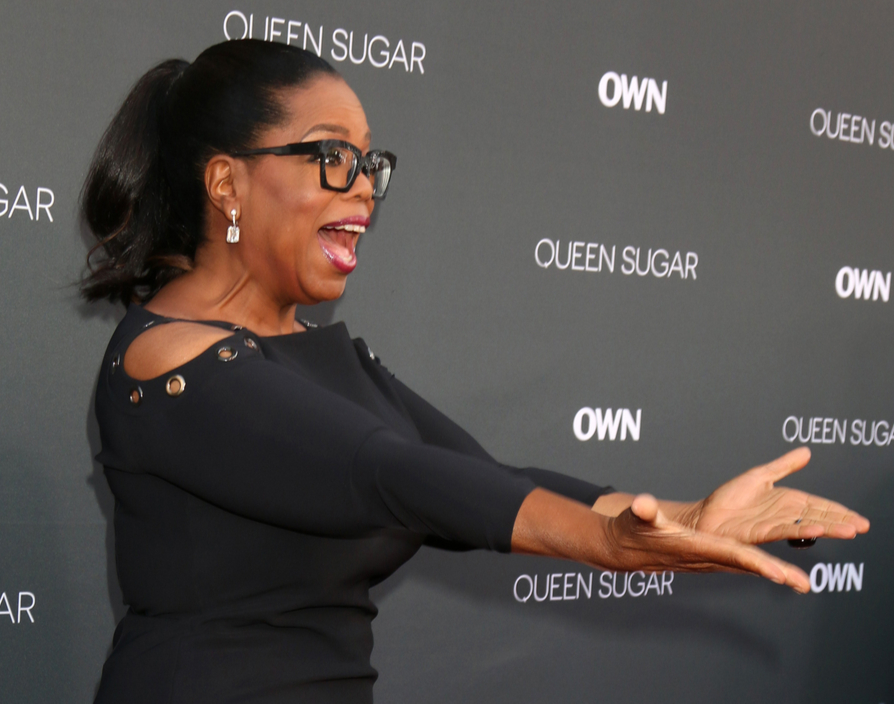Photo credit: Kathy Hutchins / Shutterstock.com
It can’t be true that 55.9% of young black men in the UK were recently unemployed, can it? This alarming statistic jolted me recently when I was at the Houses of Parliament to honour US civil rights leader, reverend Al Sharpton.
Intrigued, I dug a bit deeper and found both good and bad news. The good news is that although the 55.9% number is accurate, it only applied for a three-month period in 2011. The bad news is, according to a recent House of Commons briefing paper, people from black, Asian and minority ethnic (BAME) backgrounds are almost two times as likely to be unemployed as people from a white ethnic background (i.e., 7.1% versus 3.8%).
Surprisingly, young black people are not the least employed group – young Bangladeshi and Pakistani women are. 25% of Bangladeshi and Pakistani people aged 16 to 24 were unemployed in the year to December 2017 versus 23% of black ethnics and 11% of white ethnics. Forgetting about age for a moment, 3.8% of white ethnics are unemployed versus 10% of Pakistanis and black people and 12% of Bangladeshis.
Nonetheless, unemployment is not a particularly BAME phenomenon. According to an October 2017 release from the Department for Work and Pensions, almost 80% of the UK’s unemployed population is white.
So what does this all mean in terms of meaningful next steps? A progressive politician who introduced reverend Sharpton provided the best answer. In an age of increasing income inequality that will only worsen as artificial intelligence and other technologies displace employees of all races, colours, genders and ethnicities, we need to empower young people to become job-creating entrepreneurs. Even leading progressives understand that entrepreneurship must be a key component of any programme of social change and economic empowerment. We need to find and inspire more black Bill Gates’, Bangladeshi Oprahs and female Alan Sugars.
Every day, I see entrepreneurs like Chris and Lisa Hughes, both born and bred in Oldham. They have set up the UK’s leading search engine for unemployed people looking for funded training. I see our partner Colleen Amos, who set up the Amos Bursary with her sister baroness Amos of Brondesbury, to help high-potential black men access top universities and world-class professional opportunities. And I see Sherry Coutu, a serial entrepreneur who founded Founders4Schools.
We have recently partnered with Sherry and O2’s Go Think Big to provide work placements within Wayra startups for young people from disadvantaged backgrounds. These entrepreneurs are the key to ensuring that, going forward, opportunity will not be limited by race, gender, ethnicity or socio-economic status. ![]()
Share via:


















































